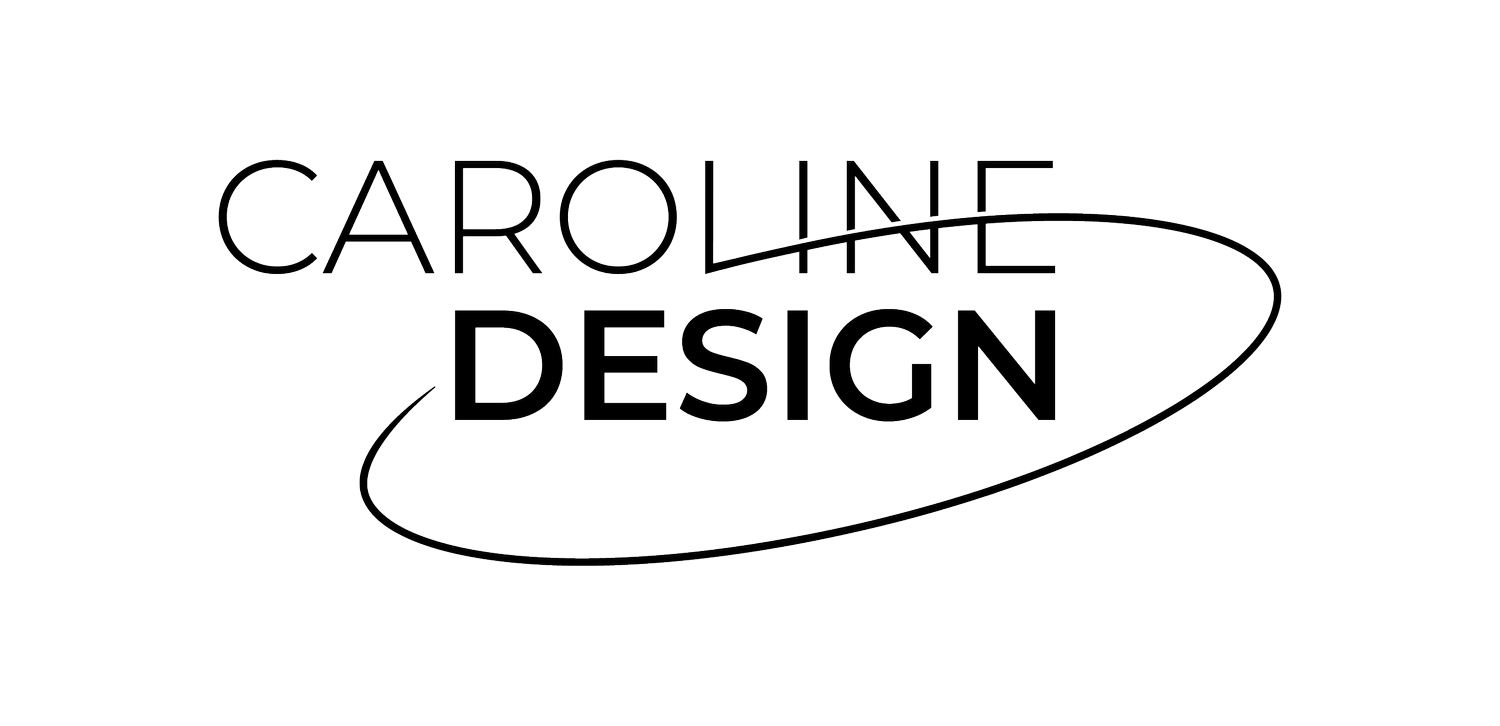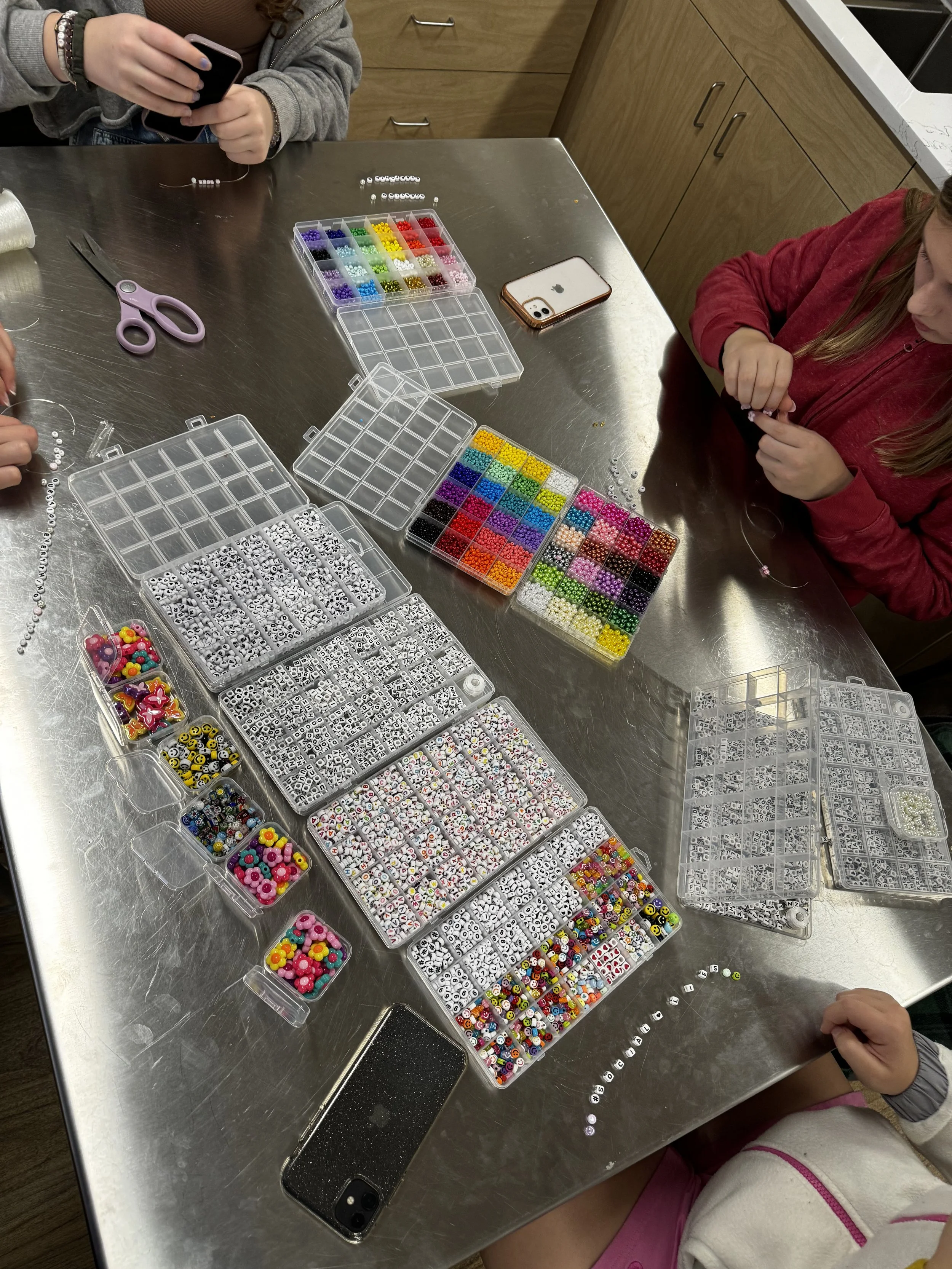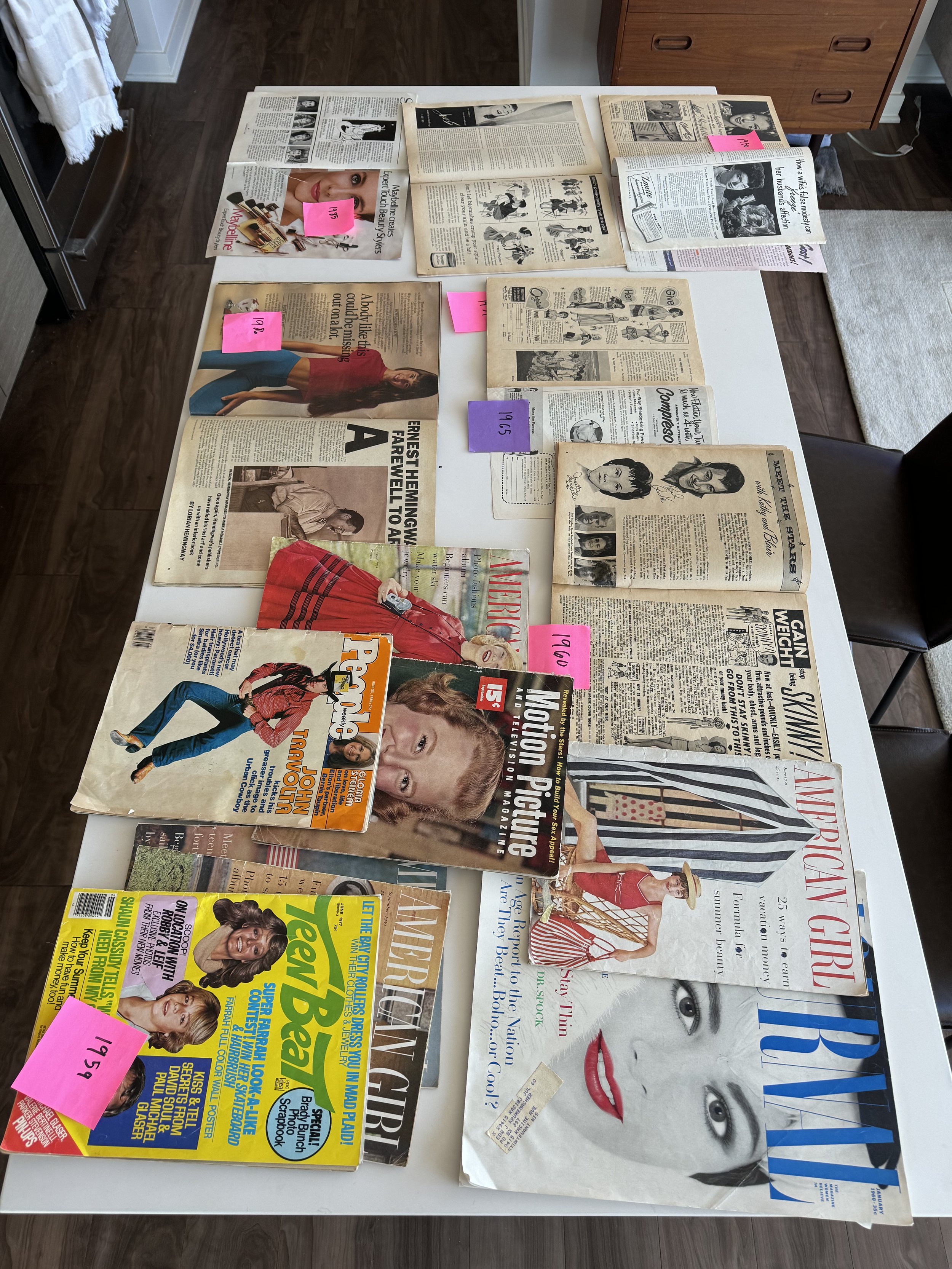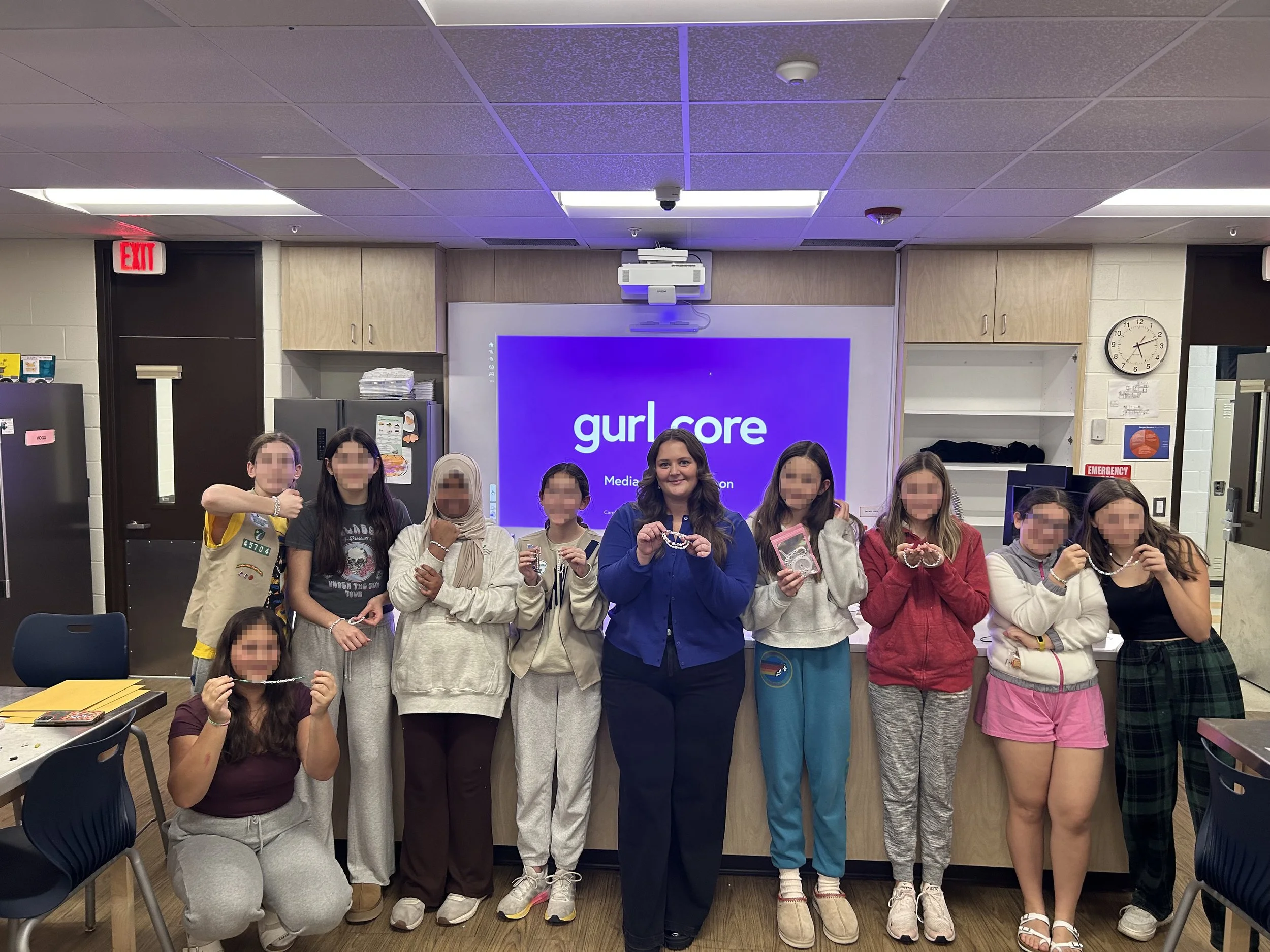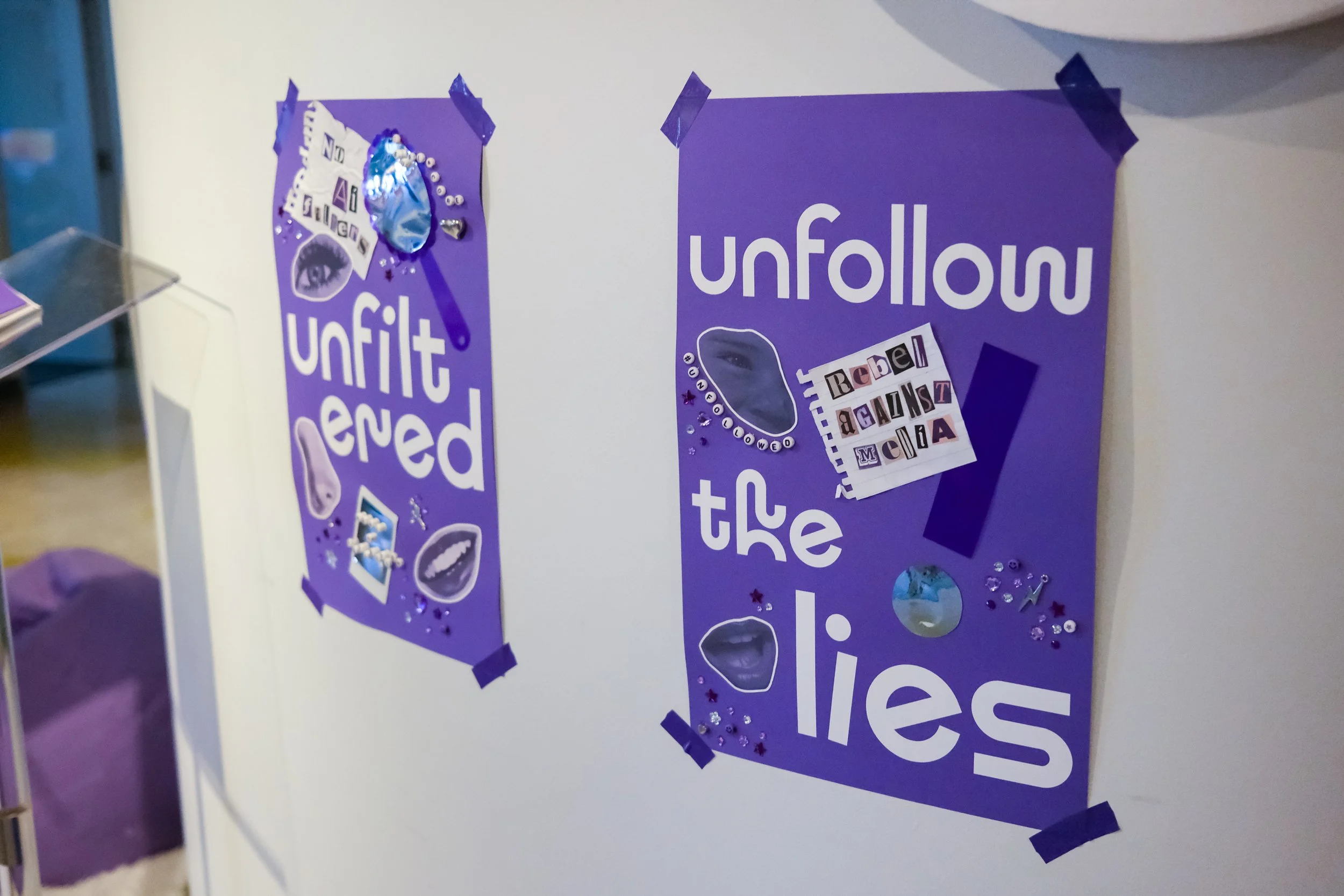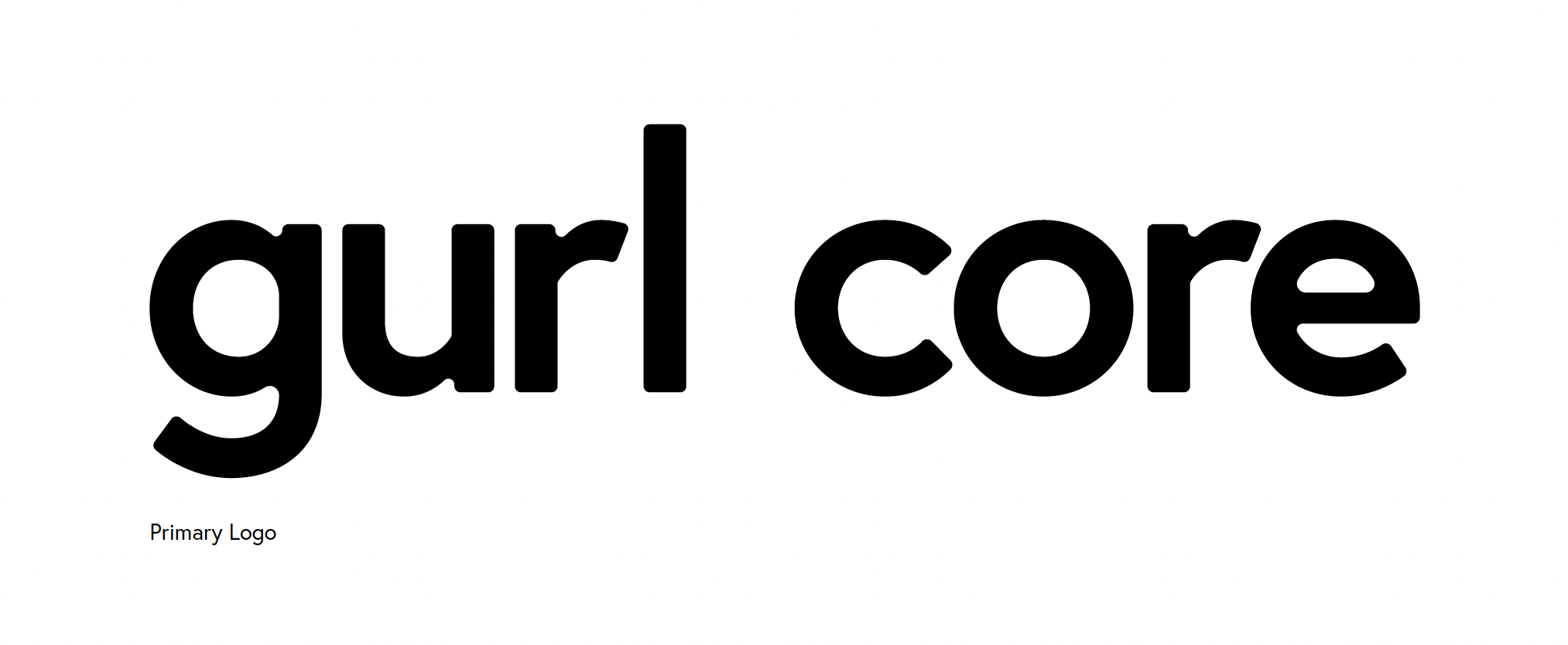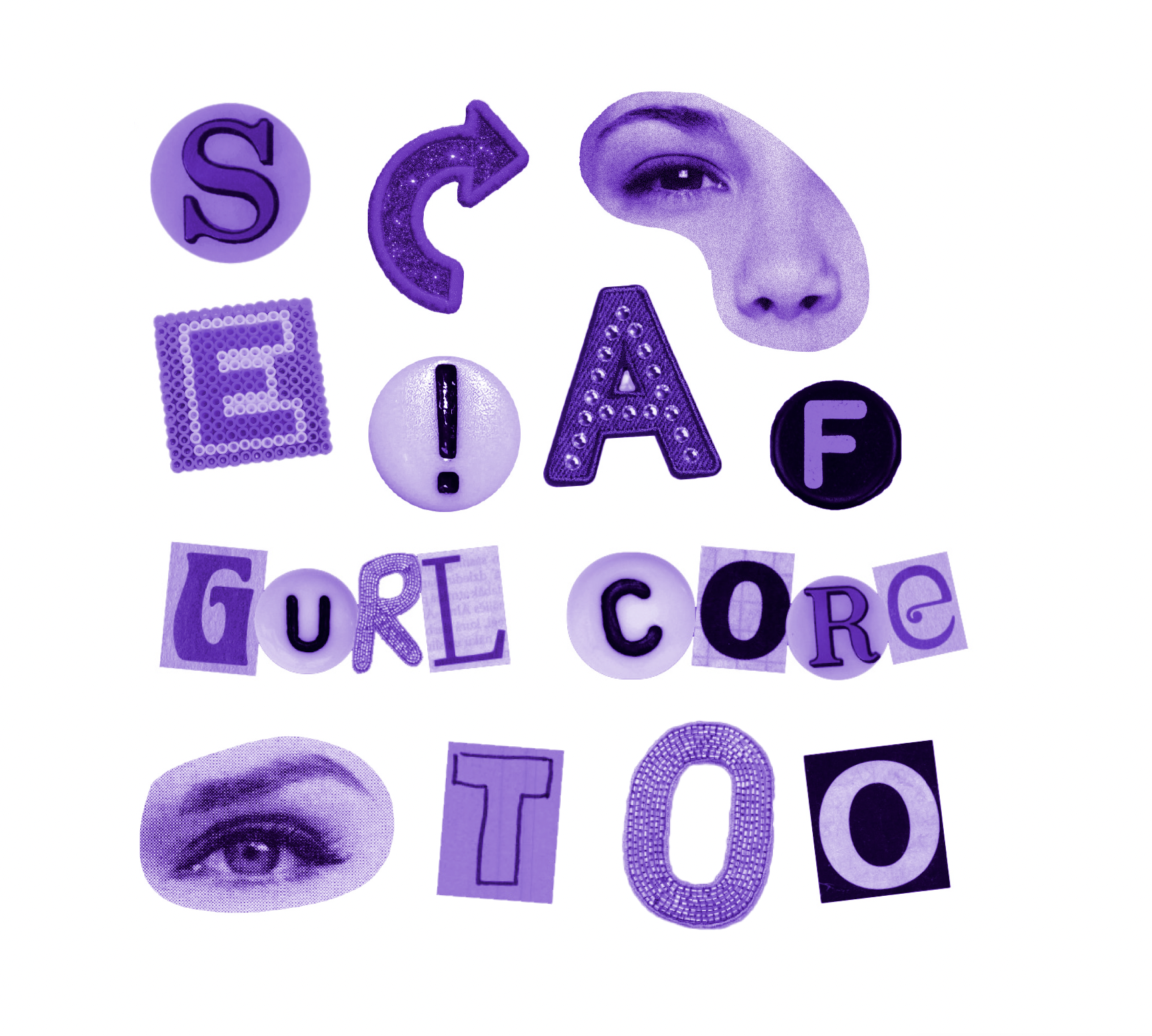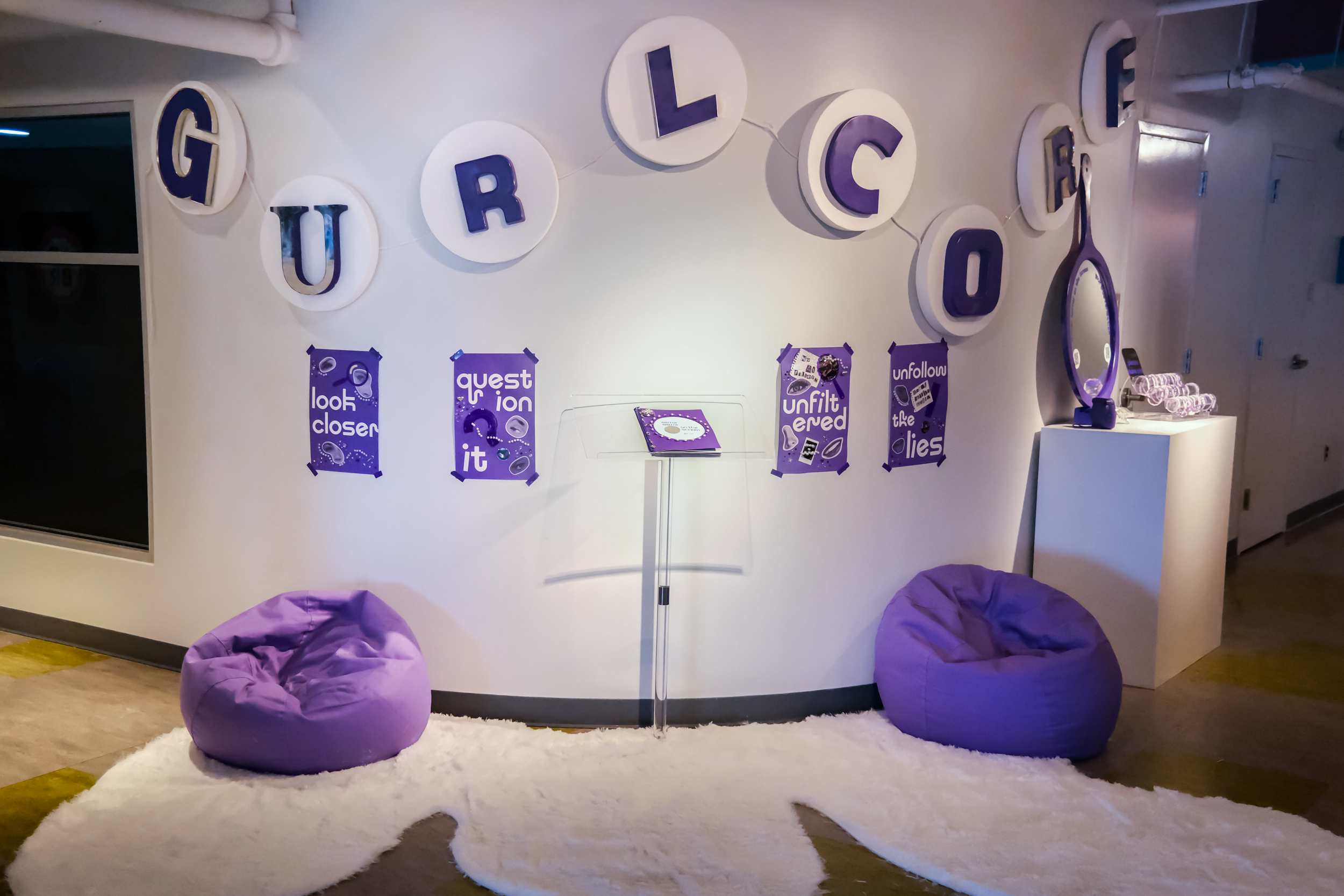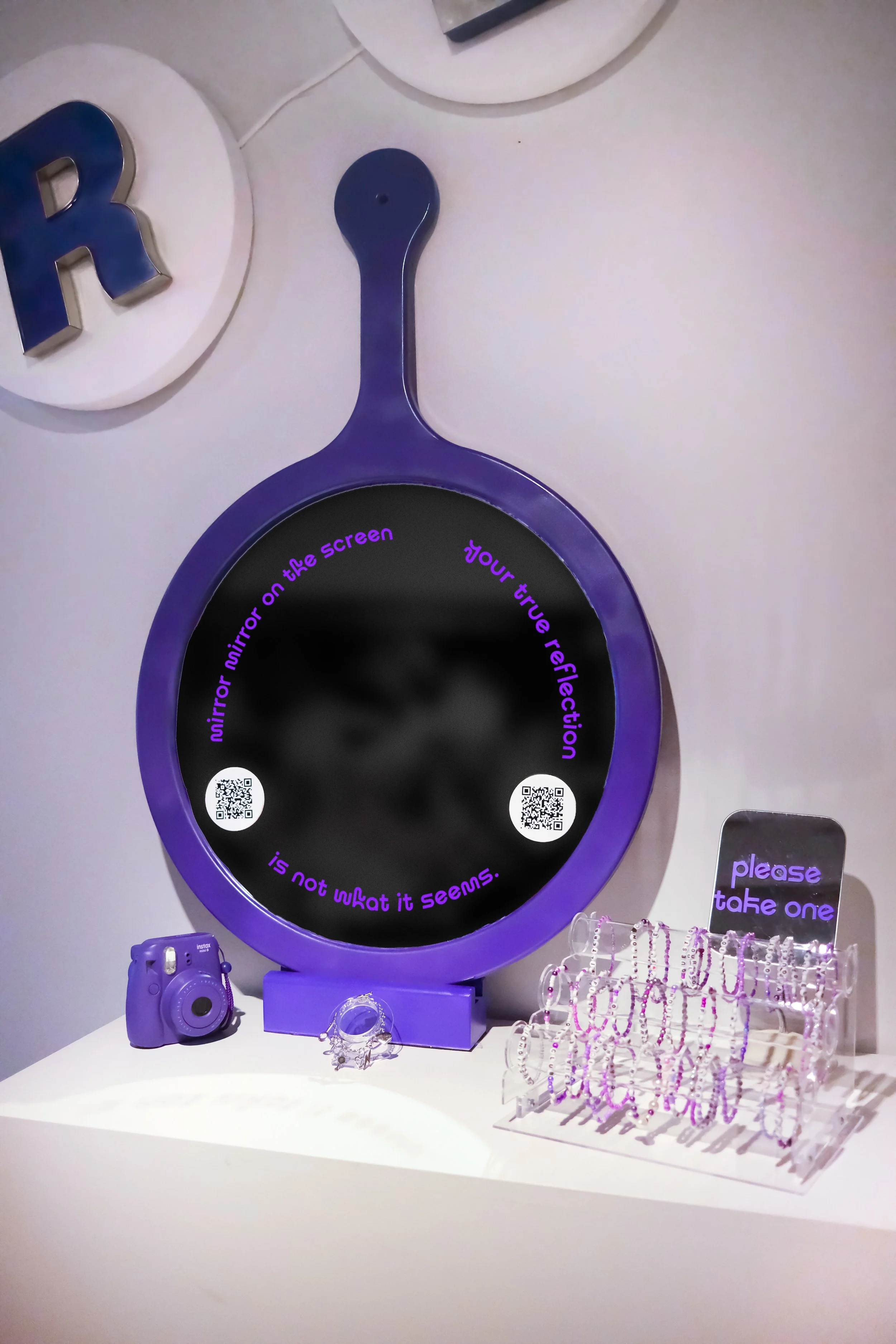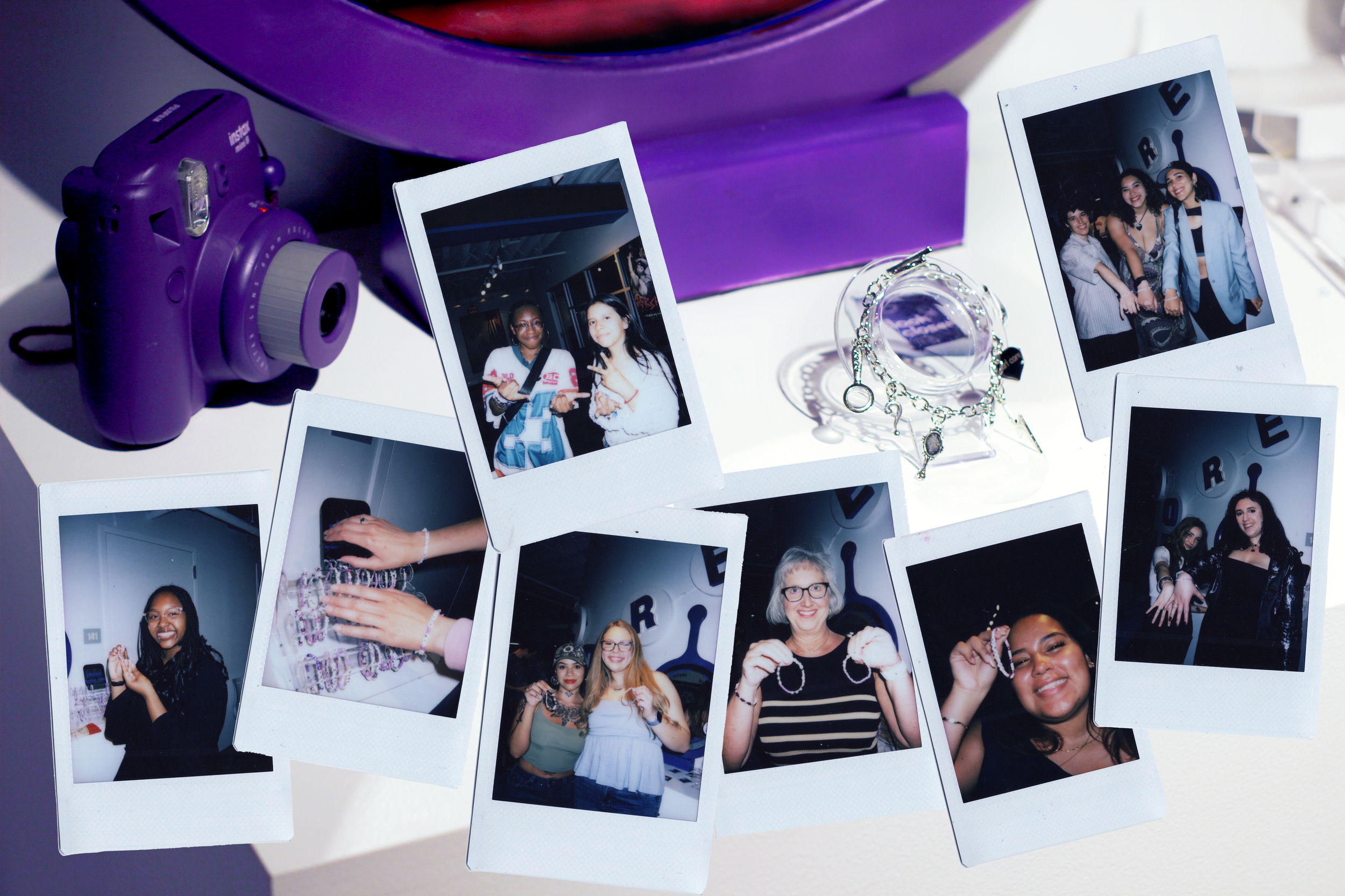gurl core
SCAD MFA Thesis → Real Life Business
gurl core began as my SCAD MFA thesis focused on teaching tween girls media literacy skills to prevent self-esteem issues linked to new technology. Grounded in research and brand strategy, it has evolved into a real business (launching 2026) that blends design, education, and advocacy to make media literacy approachable. Built on my own framework informed by interviews with therapists and educators, and tested through cultural probes and in-person sessions, gurl core helps girls question what they see online and feel confident in their true reflection, not an AI-filtered version.
Role: Founder, Designer, Researcher
Type: SCAD GDVX MFA Thesis
Duration: 2023–Present
Secondary Research
To define the problem, I began with a literature review examining how media, technology, and beauty trends influence self-esteem in tween girls. I analyzed academic journals, existing media literacy curricula, and case studies on the effects of media manipulation.
Primary Research
Building on those findings, I conducted qualitative interviews with therapists, educators, and parents to better understand how tweens internalize online beauty standards.
Cultural Probe Testing
To capture real behaviors and emotions, I designed a five-day cultural probe journal combining creative prompts, media reflection, and bracelet-making.
Girl Scout Troop Lesson
I then scaled the study to a group context by leading an interactive workshop with a local Girl Scout troop. The session combined discussion and a friendship bracelet activity, validating my proposed solution of teaching media literacy in an engaging way.
Key Insights
Tweens are largely unaware of how damaging AI filters can be to their self-esteem.
Many already experience deep-rooted self-esteem issues and anxiety about being perceived, some as early as age nine.
Creative, tactile activities like the friendship-bracelet exercise make media literacy education easier to grasp for tween girls.
Research and Insights
Framework Development
Based on these insights, I created a four-part framework designed to make media literacy tangible and age-appropriate:
Awareness: Identify harmful manipulation online.
Inquiry: Learn to question media through guided prompts.
Reflection: Acknowledge any and all emotions and reflect with a parent, peer, or individually.
Rebellion: Channel those emotions to take the power back, using their voice and creativity to create change and build self-confidence.
